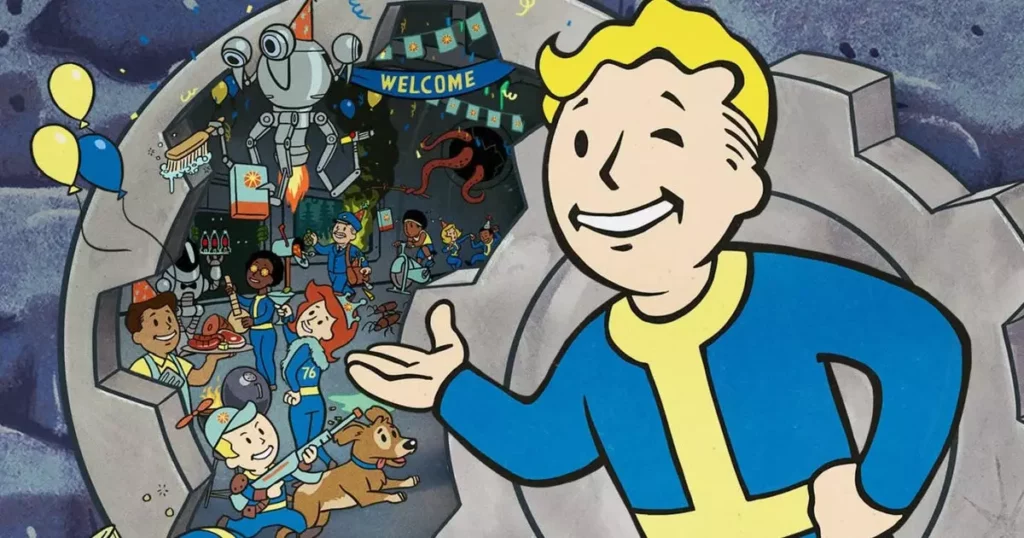The video game industry stands at a crossroads, grappling with a realization that has occurred much too late: employees deserve a fair stake in the booming profits. Recent events surrounding ZeniMax Media, infamous for blockbuster franchises like Elder Scrolls and Fallout, reveal a brewing storm of discontent among workers. Unionization is no longer a fringe movement; it’s increasingly becoming a necessity as game developers and testers advocate for their rights. With nearly 300 employees rallying behind ZeniMax Workers United (ZWU), the significant vote for strike action signals that enough is enough. It’s high time we address the toxic corporate culture that prioritizes profits over people, especially within a multi-trillion dollar corporation like Microsoft.
The Failed Promises of Corporate Responsibility
When Microsoft acquired ZeniMax, many held their breath, hopeful for a positive shift in corporate culture. But the reality has been jarring. Workers find themselves trapped in a cycle of inadequate wages and dismal working conditions, leading to a mounting sense of betrayal. Microsoft’s initial recognition of ZWU seemed promising, but as negotiations falter over basic needs such as fair compensation, employee benefits, and even the right to remote work, it becomes evident that mere acknowledgment is insufficient. The recent struggles have sent a message that may strike a nerve for other corporations indulging in the same delusion—acknowledging union efforts is futile if it’s not coupled with actionable change.
The Disconnect: Corporations vs. Employees
It’s hard to ignore the staggering disconnect between corporate earnings and the everyday realities of employees. The voices of senior Quality Assurance tester Zachary Armstrong and associate QA tester Aubrey Litchfield echo the frustrations of many. They raise a legitimate concern: Why should employee rights be up for negotiation? As Armstrong poignantly articulated, the cost of living has skyrocketed, yet wages remain stagnant. Litchfield underscores that basic worker rights should be integral to corporate policies, not mere talking points. This disconnect emerges as a troubling paradox: while revenue streams continue to flood in, the workers who actually create the content that drives these profits routinely struggle to make ends meet.
The Damaging Effects of Outsourcing
The trend of outsourcing quality assurance work is both alarming and counterproductive. Behind the scenes, in-house roles are being replaced by outsourced positions, undermining job security and morale. This practice often occurs without sufficient dialogue between the company and the union, fostering an environment of mistrust. Employees, who should be integral to the company’s vision, are relegated to the shadows, left uninformed about decisions that profoundly impact their jobs. In a field that thrives on creativity and collaboration, this behavior breeds resentment and complicates workplace dynamics.
Empowered Workers: A New Era of Solidarity
The rise of unions within Microsoft-owned companies such as Bethesda Game Studios illustrates an unmistakable shift in the industry. Workers are no longer afraid to vocalize their needs and are finding strength in solidarity. It’s a revolutionary moment, reminiscent of labor movements in other sectors, as employees confront the harsh realities of their existence amidst the rise of generative AI. While the technology brings efficiencies, it also raises existential fears of job displacement. It’s crucial that employees not only demand better working conditions but that they also address job security in the face of technological advances that threaten their livelihood.
A Catalyst for Industry-Wide Dialogue
ZeniMax Media’s labor challenges serve as a critical touchpoint for broader industry discussions about ethical responsibility and worker rights. As the collective cry for justice reverberates throughout the gaming world, there’s a distinctive call for action. The stakes extend beyond these current employees; they lay the groundwork for future generations of developers and testers. It is an opportunity for the industry to reconsider its priorities and recognize the true backbone of its success—the burgeoning workforce of passionate individuals devoted to their craft.
This evolution within the gaming sector emphasizes how the landscape is dramatically shifting. Workers are demanding respect and recognition for their contributions, and companies that don’t respond will be left behind. The gaming industry, which thrives on storytelling and innovation, now finds itself in a story of its own—one that hinges on labor rights and moral obligations. In the quest for a more equitable future, the stakes couldn’t be higher, and the power dynamics at play are transforming the very fabric of the industry. The days of neglecting the voices of those who create games, amid increasing profits, must end.









Leave a Reply